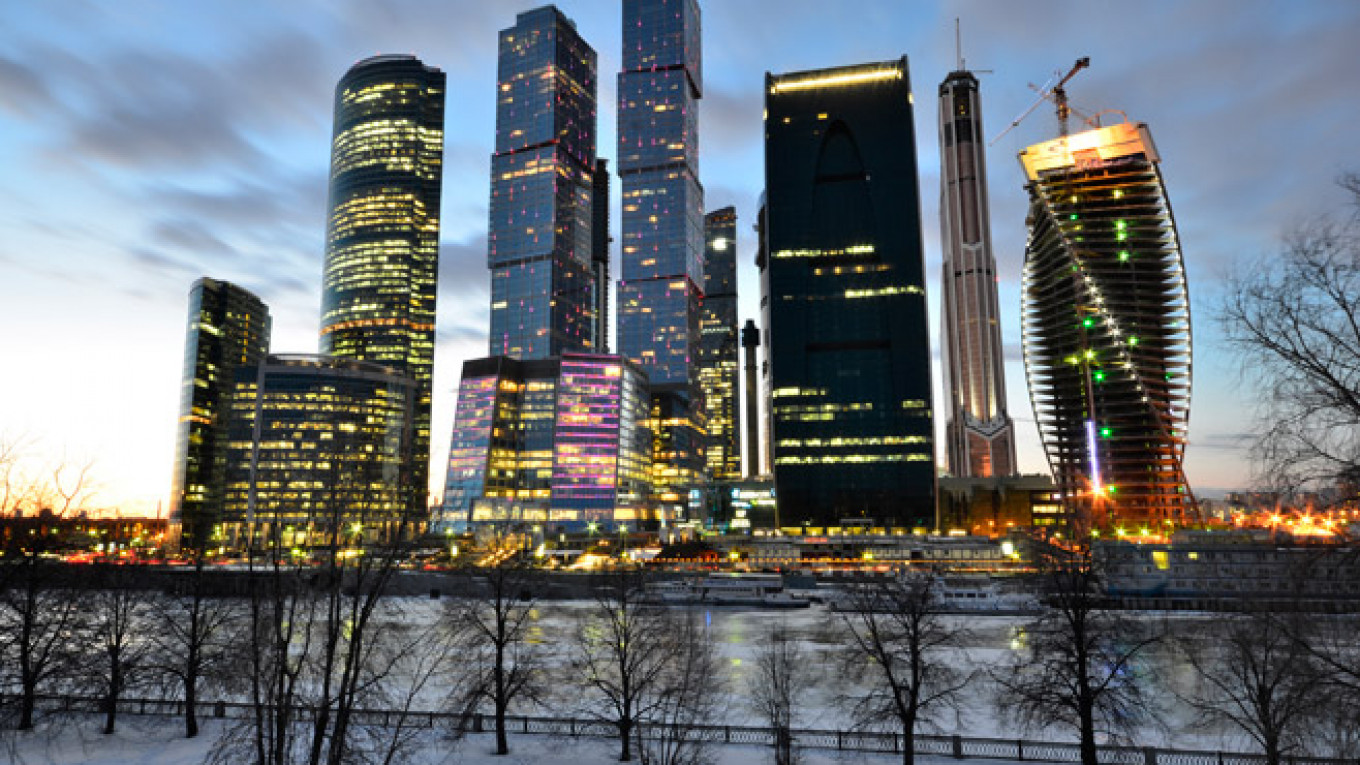The past year has seen a considerable exodus of expatriate, white-collar workers from Russia, and in most cases this has been involuntary. The majority cite Russia's flat rate income tax of 13 percent, coupled with low competition as the two main reasons why they can generally earn considerably more here than they could command back home. And that before you even begin to add in the "fun factor" that Moscow can offer.
Russians are often surprised that foreigners would voluntarily choose to come to Russia to work when the perception is that life is so much more comfortable in Europe and the United States.
One easy way to answer this is that in the West, everything works but nothing happens, whereas in Russia it is the exact opposite. This continues to appeal to many, despite the economic downturn.
Expats in Russia fall into two distinct categories which for clarity's sake can be referred to as Corporate Expats (Corp-Pats) and Russified Expats (Russ-Pats).
Typically a Corp-Pat works for a blue-chip multinational organization and has been sent to Russia in a senior role for a fixed-term period with specific objectives in mind, yet usually arrives without any previous Russia experience, let alone language skills.
Russ-Pats are more of a mixed bag, but are likely to have personal ties to Russia, speak the language, with some even running their own businesses. The majority have been here since the early 1990s, just after the fall of the Soviet Union and plan to remain in Russia for the long term.
Some Russ-Pats have acquired sufficient language skills to at least be able to compete with locals.
The market has localized considerably in the past decade and Corp-Pats are usually only imported when there is a particular skills shortage, and a local cannot be found.
One typical example is when a company is setting up a line of business that is new to Russia — the arriving Corp-Pat has already successfully helped to launch this in another market and has arrived in Russia to do it again.
Any foreigner wanting to work in Russia needs to be able to prove their ability to do something that the majority of qualified, experienced Russians can't do — which as the market matures, is becoming less common — or at the very least be able to do it better.
Re-Pats (Russians who have returned home after years of living and working abroad) help to bridge this gap, as do the children of emigre Russians who were possibly born abroad but have moved to Russia partly out of a sense of adventure.
In the same way that a German working in Italy or an American currently posted to London is simply viewed as somebody working abroad and is not generally referred to as an "expatriate," this will eventually be the case in Russia.
It is unlikely that foreign employees will ever disappear completely from Russia since often their key role is to instill a Western company's corporate culture into local staff before moving on.
It seems likely that the term "expatriate" will itself begin to disappear as globalization continues to spread, and the "Us versus Them" mentality will fade away.
Luc Jones is the commercial director of Antal Russia, a British executive recruitment consultancy present in Russia since 1994.
A Message from The Moscow Times:
Dear readers,
We are facing unprecedented challenges. Russia's Prosecutor General's Office has designated The Moscow Times as an "undesirable" organization, criminalizing our work and putting our staff at risk of prosecution. This follows our earlier unjust labeling as a "foreign agent."
These actions are direct attempts to silence independent journalism in Russia. The authorities claim our work "discredits the decisions of the Russian leadership." We see things differently: we strive to provide accurate, unbiased reporting on Russia.
We, the journalists of The Moscow Times, refuse to be silenced. But to continue our work, we need your help.
Your support, no matter how small, makes a world of difference. If you can, please support us monthly starting from just $2. It's quick to set up, and every contribution makes a significant impact.
By supporting The Moscow Times, you're defending open, independent journalism in the face of repression. Thank you for standing with us.
Remind me later.





